Resolution #211
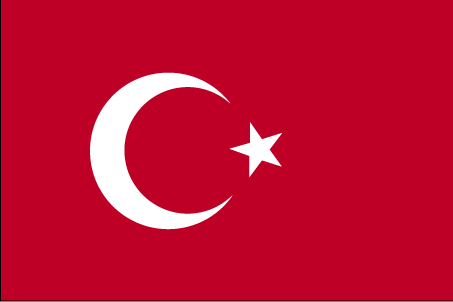 |
The question of rising fuel prices |
| Committee: ECOFIN | |
| Main Submitter: Turkey | |
| Submitted: 02/04/2022 10:29 |
| Status |
|---|
| Passed cosubmitter sheet validation |
| Approved by approval panel |
| Can be selected for debate by secretariat |
Options
Co-submitters
 | Ukraine |
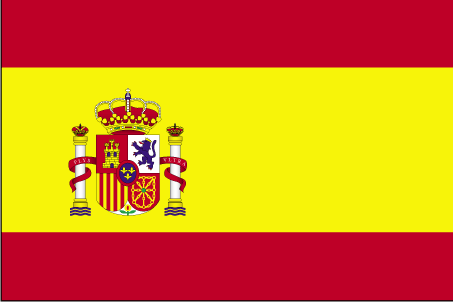 | Spain |
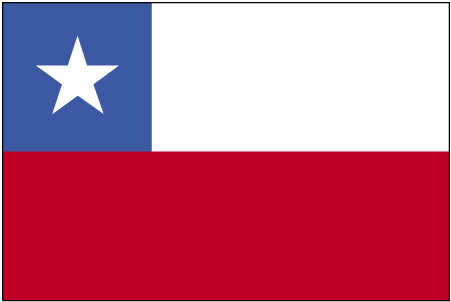 | Chile |
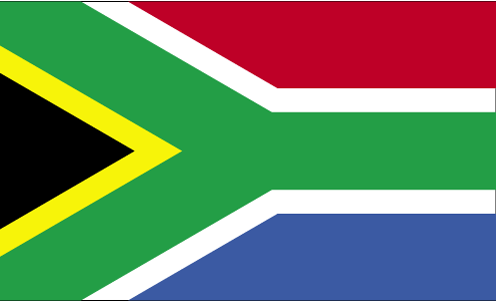 | South Africa |
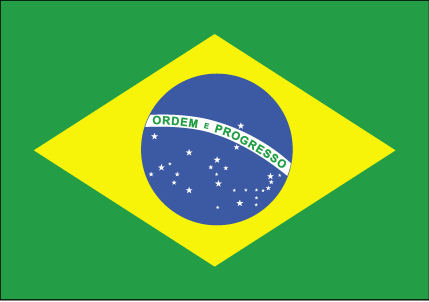 | Brazil |
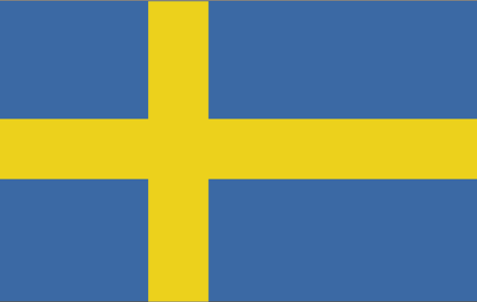 | Sweden |
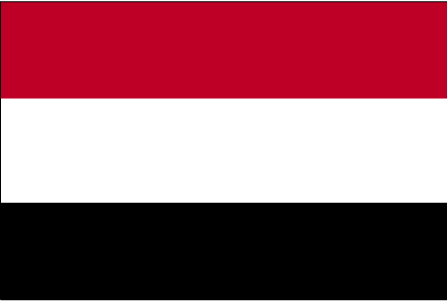 | Yemen |
 | Germany |
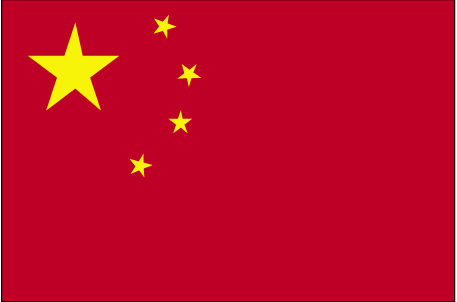 | China |
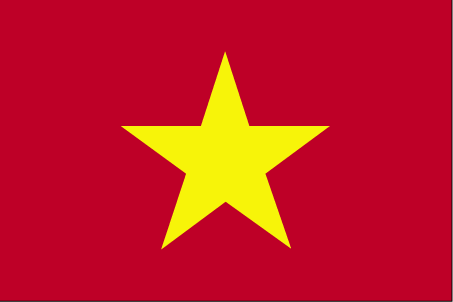 | Vietnam |
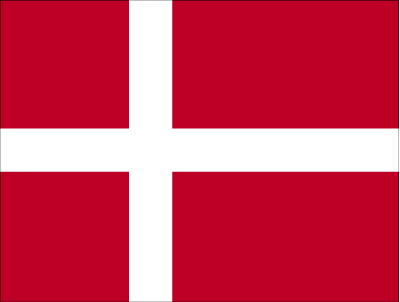 | Denmark |
Resolution
Forum: Economic and Financial Affairs Council,
Question of: The Question of Rising Fuel Prices
Main submitter: Turkey
Co-submitters: Ukraine, Spain, Chile, South Africa, Brazil, Sweden, Yemen, Germany, China, Vietnam, Denmark
THE ECONOMIC AND FINANCIAL AFFAIRS COUNCIL,
Noting that the price of crude oil has increased by 69.1% since April 2021,
Acknowledging the actual and potential for disruption in trade and supply chains caused by rising cost of fuel,
Noting that fuel shortage-resilient infrastructure has the potential to improve the reliability of service provision, increase asset life and protect asset return,
Deeply concerned by the ongoing war between Russia and Ukraine causing the sharp rise in fuel prices,
Pointing out that the South American nations produce very little oil, which leaves them highly exposed to international price fluctuations,
Recalling the definition of sustainable development as development that meets the needs of the present without compromising the ability of future generations to meet their needs,
Commending member states on their efforts thus far to reduce reliance on fossil fuels,
1.Urges member states to decrease reliance on fossil fuels and to develop long-term sustainable infrastructure and methods of trade, using,
a) Environmentally-sound technologies which use resources in a more sustainable manner, recycle more of their wastes and products, and handle residual wastes in an acceptable manner,
b) Circular economies to extend the life cycle of items and hence reduce waste and the need to manufacture new items;
2. Expresses hope that member states will invest in sustainable energy production methods including but not limited to hydropower, solar power, wind power, and geothermal energy and reminds signatories of UN SDGS of their obligation to comply with Goal 7 Affordable and Clean Energy;
3.Calls upon member states to build fuel shortage resilient supply chains in public enterprises and to encourage private enterprises to do the same, through the means of,
a) Buffering supply chains to minimize impact of supplier failure, via,
i. Encouraging suppliers to use sustainable energy sources,
ii. Securing secondary sources of supply as part of a contingency plan,
iii. Diversifying geographic location of suppliers,
iv. Carrying sufficient inventory to withstand disruption for a given time,
v. Creating information channels which inform the enterprise's knowledge of risk as quickly as possible,
b) Creating a highly reliable system which integrates risk-management as a core part of its processes;
4. Suggests that member states introduce oil rations, by adjusting the amount of oil each country gets by the size, population and how they import and export goods to reduce the inequality of oil between . the countries, while a car will be rationed to 175 litres of oil per month;
5. Asks for the creation of the Committee for the Education of the Public in the Usage Limitation of Oil (CEPULO), which will strive to educate the public of member states to limit their usage habits, through means such as mass media campaigns and school curricula, which will include:
a) Encouraging the public to decrease the amount they drive by increasing oil-free modes of transportation such as walking, cycling, etc,
b) Urge the public to decrease their energy usage in the home, which includes light, heat, etc,
6. Encourages member states to incentivize their citizens to make changes to a more sustainable lifestyle through the use of monetary incentives;
7. Trusts member states to share knowledge with other member states, particularly to ensure that LEDCs also have access to developments in sustainable technology;
8. Hopes to increase funding in research and development so that newer, cheaper and more ecofriendly fuels can become more accessible;
9. Believes that if the country is an MEDC, the government can provide financial help to those most affected by the rise in fuel prices, however if the country is an LEDC, the UN regional bodies responsible for banks can tackle this problem;
10. Congratulates signatories of the UN Sustainable Development goals which include but are not limited to the obligations to ensure Responsible Consumption and Production, Decent Work and Economic Growth, improving Industry Innovation and Infrastructure and implementing Affordable and Clean Energy.